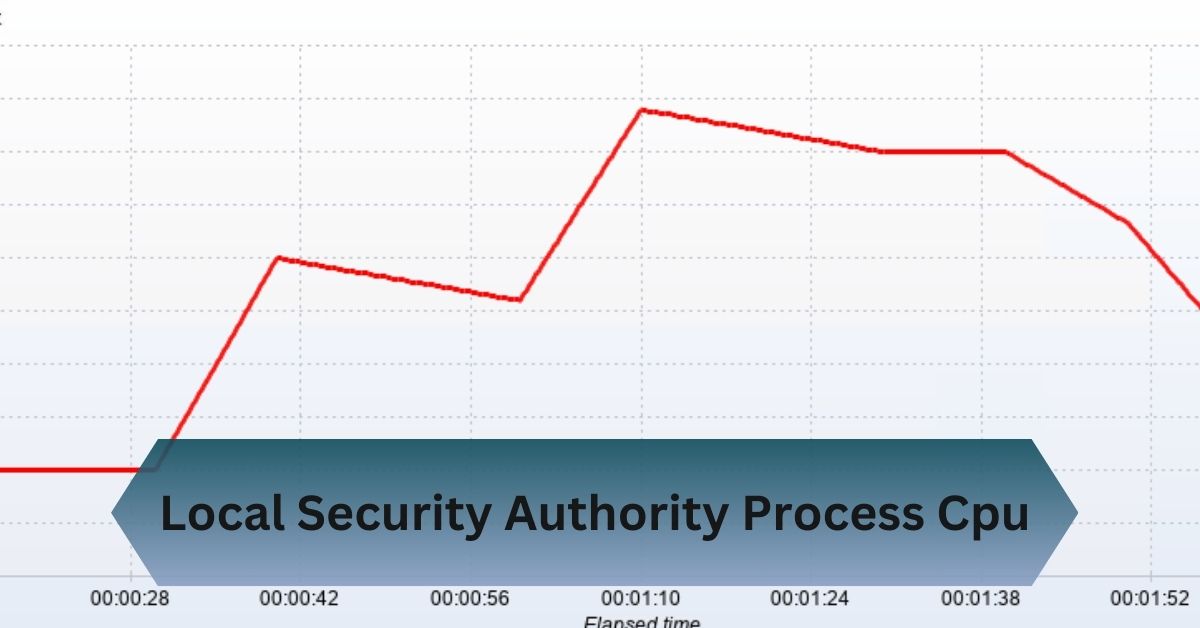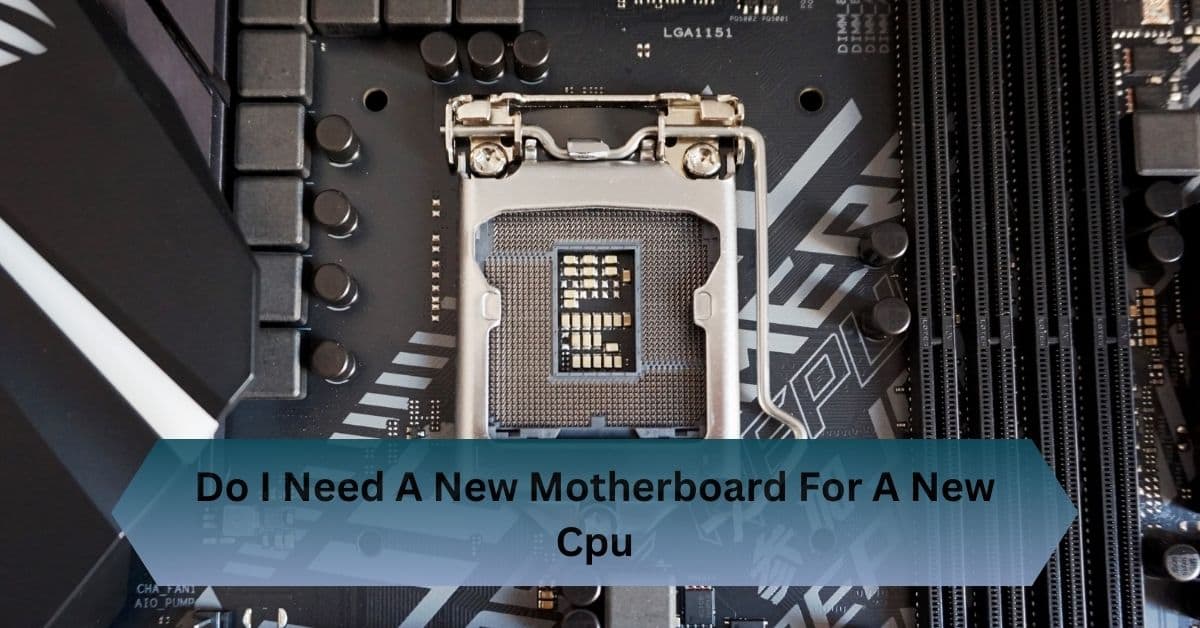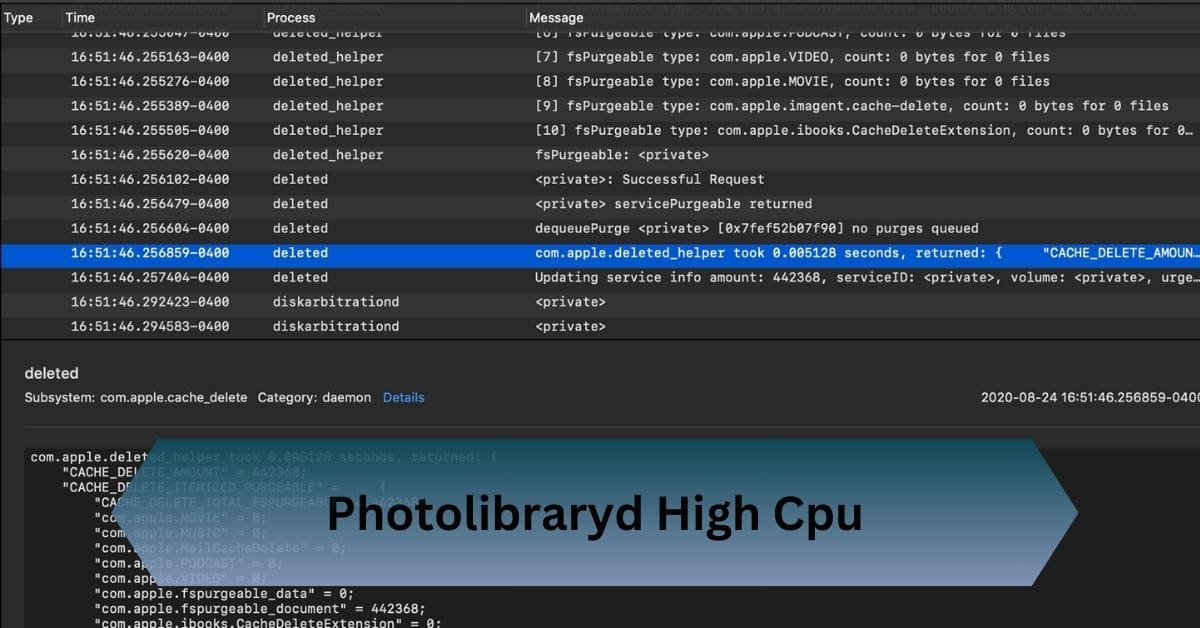In the gaming world, not all games put the same strain on your computer’s hardware. While some titles rely heavily on your graphics card (GPU) to render stunning visuals, others demand a powerful processor (CPU) to handle complex tasks like AI calculations, physics simulations, and open-world dynamics.
CPU intensive games like Civilization VI, Cities: Skylines, and Microsoft Flight Simulator rely on processors for AI, physics, and simulations, needing powerful CPUs.
Decode it with the help of experts for enhance gaming experience!
Table of Contents
What Makes a Game CPU Intensive?
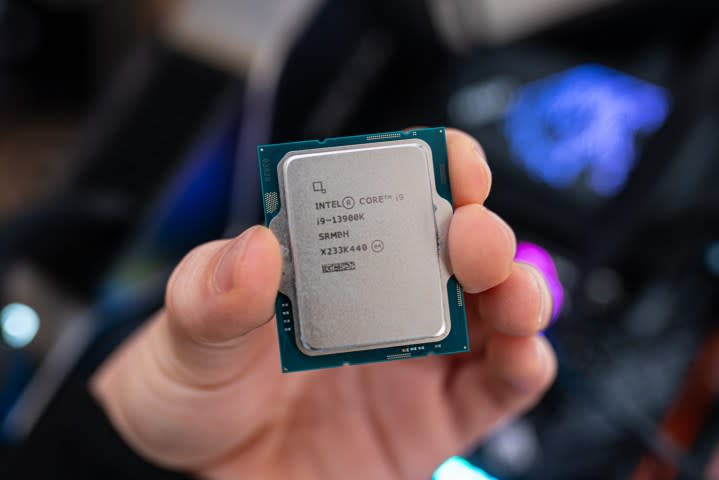
1. Complex AI and NPCs:
Games with intelligent non-player characters (NPCs) require significant processing power. For example, games with realistic enemy behaviors or intricate decision-making processes rely on the CPU to calculate and execute these actions in real time.
2. Large Open Worlds:
Open-world games often feature sprawling environments with dynamic weather, interactive objects, and numerous NPCs. The CPU processes these elements to create a seamless experience.
3. Real-Time Physics Calculations:
Games with detailed physics simulations—like destructible environments or realistic object interactions—put additional strain on the CPU.
4. Simulation and Strategy Mechanics:
City-building games, real-time strategy titles, and management simulators process countless background calculations for events, population growth, and resource allocation.
5. Online Multiplayer Features:
Multiplayer games with large player counts require the CPU to handle network synchronization, player interactions, and server-side data management.
What Role Does the CPU Play in a Gaming PC?
- Game Logic Processing: Handles AI behavior, physics calculations, and in-game mechanics like NPC actions and environmental interactions.
- Frame Rate Management: Works alongside the GPU to maintain smooth frame rates, especially in CPU-intensive games.
- Multitasking: Manages background processes, streaming software, and other tasks while gaming.
- Data Transfer: Coordinates communication between components like the GPU, RAM, and storage for seamless gameplay.
- Game Loading: Processes game data during startup, ensuring quick loading times and smooth transitions.
- Online Gaming: Powers networking tasks such as latency reduction, player synchronization, and server communication.
Read Also: Pinnacle Raven Or Summit Ridge Cpu – Performance, And More!
Examples of CPU Intensive Games
1. Cities: Skylines
This city-building simulator is a prime example of a CPU-intensive game. As you expand your city, the CPU handles simulations for traffic patterns, citizen behaviors, and infrastructure management. Larger cities with complex layouts demand even more processing power.
2. Civilization VI:
A beloved turn-based strategy game, Civilization VI tasks the CPU with processing AI decisions, map generation, and countless calculations for each player’s turn. As the game progresses, these demands increase significantly.
3. Minecraft (Modded):
While vanilla Minecraft is relatively light, heavily modded versions can push your CPU to its limits. Mods that add advanced physics, world generation, or automation systems require immense processing power.
4. Grand Theft Auto V:
Known for its sprawling open world, GTA V is a demanding game for both the CPU and GPU. The processor handles tasks like NPC behavior, traffic patterns, and online multiplayer synchronization.
5. Assassin’s Creed Series:
Games in this series are famous for their massive open worlds filled with NPCs, dynamic weather, and detailed environments. The CPU plays a critical role in ensuring smooth gameplay.

6. Total War Series:
Real-time strategy games like Total War involve massive battles with thousands of units. The CPU processes unit movements, battle AI, and environmental factors to create an epic experience.
7. Flight Simulator 2020:
Microsoft Flight Simulator 2020 is one of the most CPU-intensive games on the market. It uses real-time weather data, high-resolution world maps, and advanced physics to deliver an ultra-realistic flying experience.
8. Red Dead Redemption 2:
Another open-world masterpiece, RDR2 relies heavily on the CPU to handle AI, weather systems, and dynamic events within its immersive world.
9. The Witcher 3: Wild Hunt
While visually stunning, The Witcher 3 also demands a strong CPU for its open-world interactions, NPC behaviors, and real-time combat mechanics.
Tips to Optimize Your Hardware for CPU Intensive Games
Upgrade Your CPU:
Invest in a modern, multi-core processor with a high clock speed. Popular choices include Intel’s i5/i7/i9 series and AMD’s Ryzen 5/7/9 series.
Adjust In-Game Settings:
Lower settings that affect the CPU, such as:
- Draw distance.
- NPC density.
- Shadow quality.
- Physics simulations.
Close Background Tasks:
Ensure minimal background processes are running to free up CPU resources. Use tools like Task Manager to monitor CPU usage.
Optimize Cooling:
Overheating can throttle your CPU’s performance. Invest in a quality cooling solution and ensure proper airflow in your PC case.
Overclock Your CPU:
For advanced users, overclocking can boost your CPU’s performance. However, ensure proper cooling and proceed with caution.
Read Also: Powerstar Cpu – Redefining Sustainable Computing!
Why Do Some Gamers Prefer CPU Intensive Games?
- Immersive Gameplay: These games often offer rich, detailed worlds and intelligent NPCs.
- Strategic Depth: Titles like Civilization VI and Total War challenge players with complex decision-making and strategy.
- Realism: Games like Flight Simulator 2020 and Red Dead Redemption 2 deliver unparalleled realism, thanks to advanced CPU calculations.
Best CPUs for CPU Intensive Games
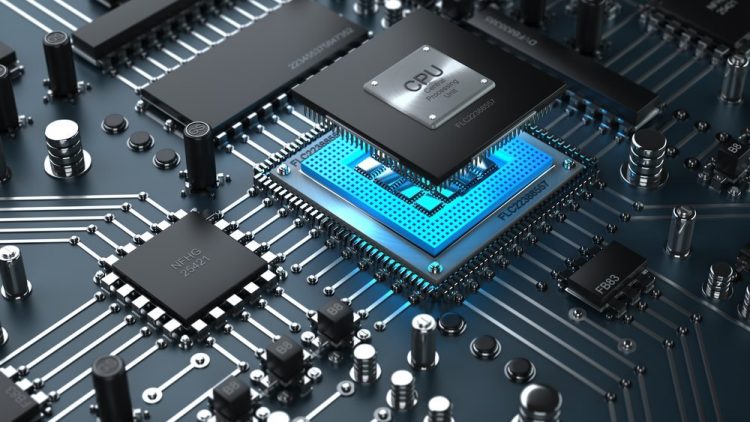
AMD Ryzen 9 9950X3D:
Cores: 16.
Boost Frequency: 5.7GHz.
Cache: 144MB.
Key Feature: With its 3D V-Cache technology, this CPU is designed to excel in highly-demanding games that require large cache sizes, making it one of the top choices for enthusiasts and content creators.
Intel Core Ultra 9 285K:
Cores: 24.
Key Feature: Intel’s Core Ultra 9 285K focuses on power efficiency while offering strong multi-threaded performance, ideal for gaming titles that require heavy CPU resources.
AMD Ryzen 9 7950X3D:
Cores: 16.
Cache: 128MB L3.
Key Feature: This processor strikes a balance between gaming and computational tasks, providing excellent performance in games that leverage a large amount of cache for smooth gameplay.
Intel Core i9-14900K:
Cores: 24 (8 performance cores + 16 efficiency cores).
Boost Frequency: Up to 5.8GHz.
Key Feature: Known for its raw power, the i9-14900K delivers top-tier gaming performance, especially in titles that demand both single-threaded and multi-threaded processing.
AMD Ryzen 5 7600X:
Cores: 6.
Boost Frequency: 5.3GHz.
Key Feature: Offering impressive gaming performance at a more affordable price, this CPU is an excellent choice for those looking to maximize value while enjoying high-performance gameplay.
Frequently Asked Questions:
1. What is the hardest game to run on CPU?
Microsoft Flight Simulator and Cities: Skylines are the hardest to run on CPU, demanding high computational power for complex simulations and large environments.
2. Is GTA V a CPU-intensive game?
Yes, GTA V can be CPU-intensive, especially in busy areas with many NPCs and activities, requiring a strong processor for smooth performance.
3. Is Fortnite CPU or GPU intensive?
Fortnite is more GPU-intensive, but it also requires a decent CPU for smooth performance, especially in large battles and high-frame-rate settings.
4. Is Valorant CPU or GPU intensive?
Valorant is primarily CPU-intensive, as it relies on fast processing for smooth gameplay and high frame rates, but a decent GPU is still needed for optimal graphics.
Conclusion:
Games like Civilization VI, Cities: Skylines, and Microsoft Flight Simulator are CPU intensive, as they depend on processors for AI, physics, and complex simulations, requiring strong CPUs.
Related Posts:







